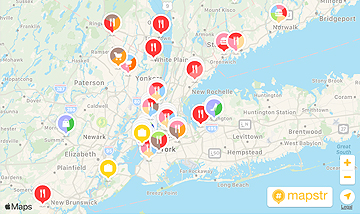Syria/migration/Schengen Area
Paris, March 4, 2016
Today I welcomed Angela Merkel, the German Chancellor. Our goal was to prepare Monday’s European Council and organize here, in Paris, a telephone conference with Vladimir Putin, David Cameron – with whom I had a meeting yesterday – and Matteo Renzi.
This telephone conference was useful because it allowed us to reiterate that the ceasefire in Syria must be observed everywhere. The only action which can be tolerated is that directed against Daesh [so-called ISIL] and al-Nusra.
Any other initiative would violate the ceasefire and be a pretext for not actually applying it. We nevertheless noted that this was what everyone wanted and, moreover, what was being comprehensively observed on the ground.
We also called for humanitarian assistance to be provided under the best possible conditions to civilians, who are victims of this conflict and who may find themselves without food today. So we – everyone taking part – decided to coordinate our initiatives, our efforts, to provide – especially in Aleppo, but not just there – the essential support and assistance.
We also reaffirmed the opportunity provided by this truce to speed up discussions and open up a political transition process. The Russians, through Vladimir Putin, have agreed to this principle of negotiation on the basis of the United Nations resolutions.
We shall certainly have the opportunity for further telephone conferences in order, precisely, to follow the progress of this political transition process. There’s a chance, it exists, firstly to calm down the situation on the ground, to make bearable – as much as is possible for Syrians – a situation which has been intolerable; and, finally, to start a political negotiation allowing a transition and put an end to a war which, I remind you, has killed more than 300,000 people. (…)./.














